At other times I would have dismissed this image as ‘out of focus’ and unusable. Just another missed shot caused by poor focusing technique on a fully manual film camera. Nowadays, however, I have begun to change my attitude towards these kinds of blurred images because of the privacy hysteria affecting the practice of street photography.
There have been cases where people have been found guilty of harassment for covertly taking pictures in public spaces, but street photography has nothing to do with criminal behaviour. There is a huge difference between taking sneaky, random, meaningless pictures of people on the street and trying to freeze sketches of life to tell a story.
There is no privacy in public: the law in the US, the UK and the EU is adamant, and an author – yes, the Berne Convention on Copyright says that a creative photograph gives the photographer this legal status – has the right to make his work available to the public. This means that, even in terms of compliance with the dreaded ‘GDPR’, the publication of street photography works has a legal basis in copyright law.
Nevertheless, the quasi-superstitious attitude towards images, allows people and – worse – the ‘GDPR experts’ to consider illegal this way of documenting our lives. As a result, the risk of being involved in unfounded legal dilemmas or confrontations is skyrocketing, unless you are Joel Meyrowitz, Zun Lee or Girma Berta. Pragmatically, ‘for the rest of us’, this means changing the way street photography is done, by taking blurred pictures, wide angle shots where people are unrecognisable and so on.
Sometimes this is a stylistic choice or a way of experimenting with other approaches, but it is starting to become a necessity. Sad, but true.
The damage that privacy hysteria and a culture of whitewashing do to the preservation of our social memory as a form of heritage for future generations is staggering. There is no one individual to blame for this, but the barbarisation of our society as a whole, aided by a myopic reading of privacy laws that have been conveniently turned into a censorship machine. Instead of punishing those who abuse fundamental rights by taking illegal pictures or re-using them illegally, the authorities are targeting bona fide photographers taking pictures for work or for genuine cultural reasons. This is simply wrong.
Of course, if someone does not like being photographed, they are perfectly entitled to ask that the picture not be taken or shared.
Respecting this is a matter of deontology, far more than a legal obligation. This is the difference between a real photographer and a criminal – or an idiot taking stupid pictures in a stupid way.
Share this post:
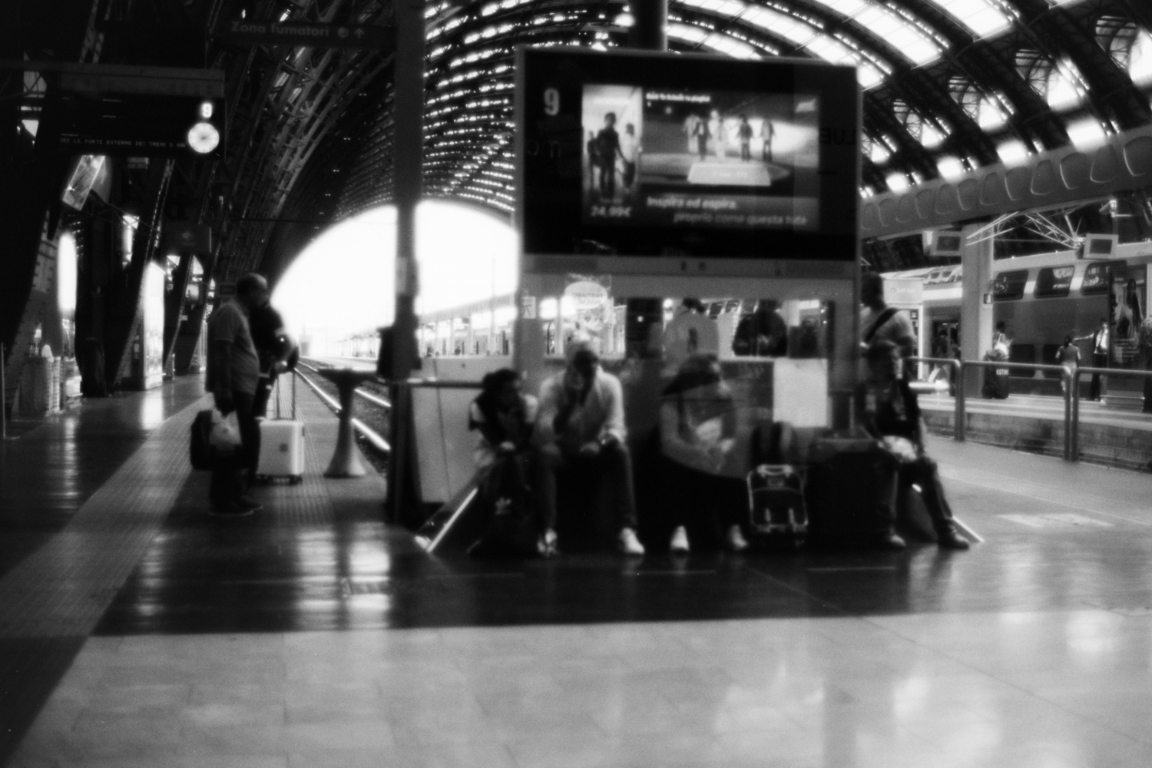
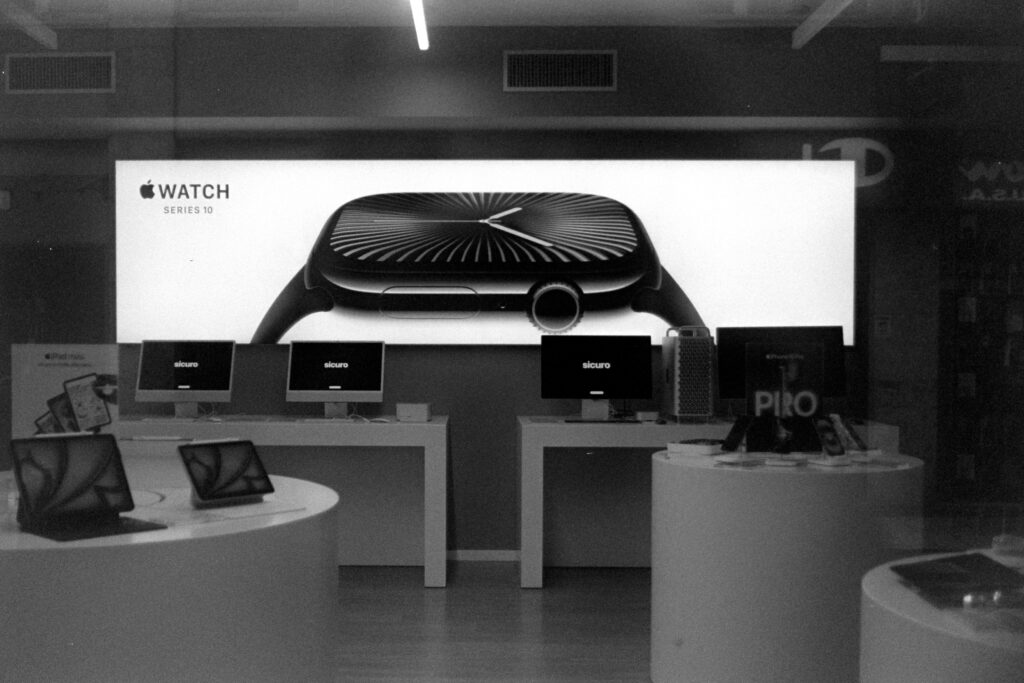
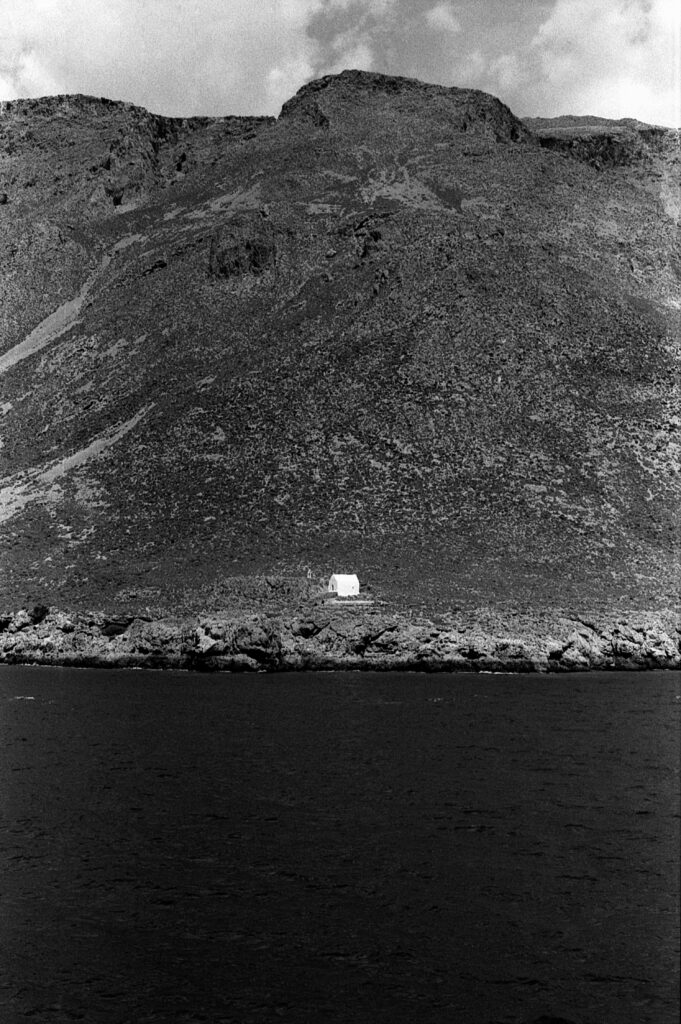
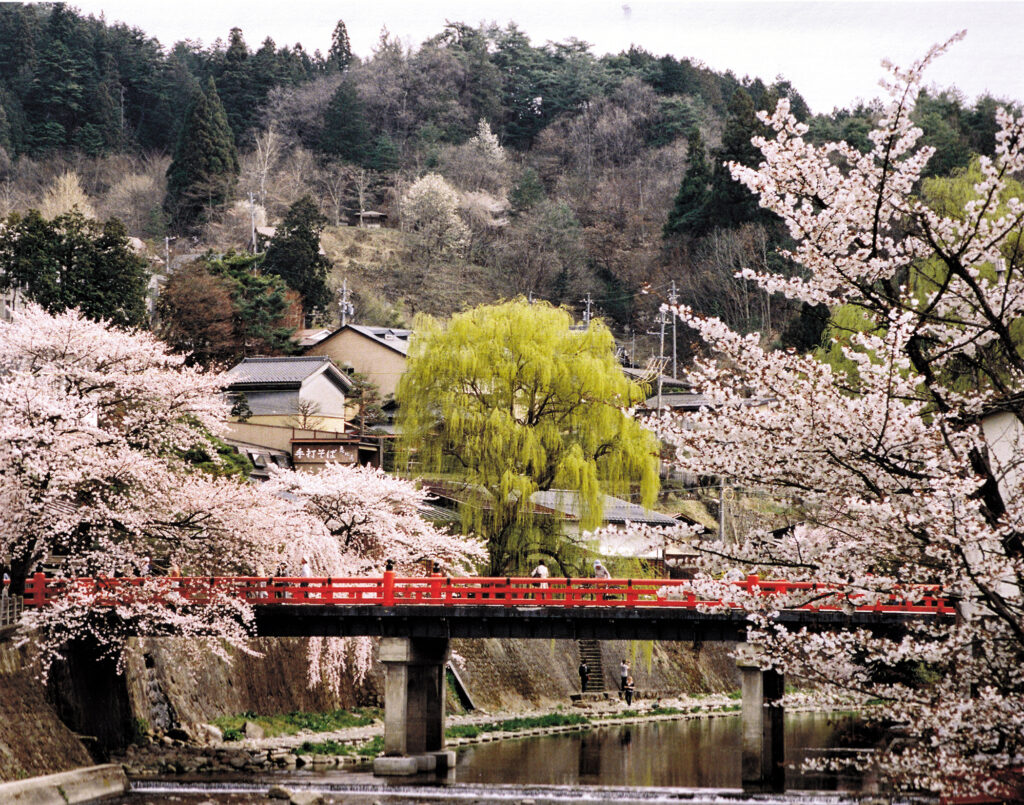
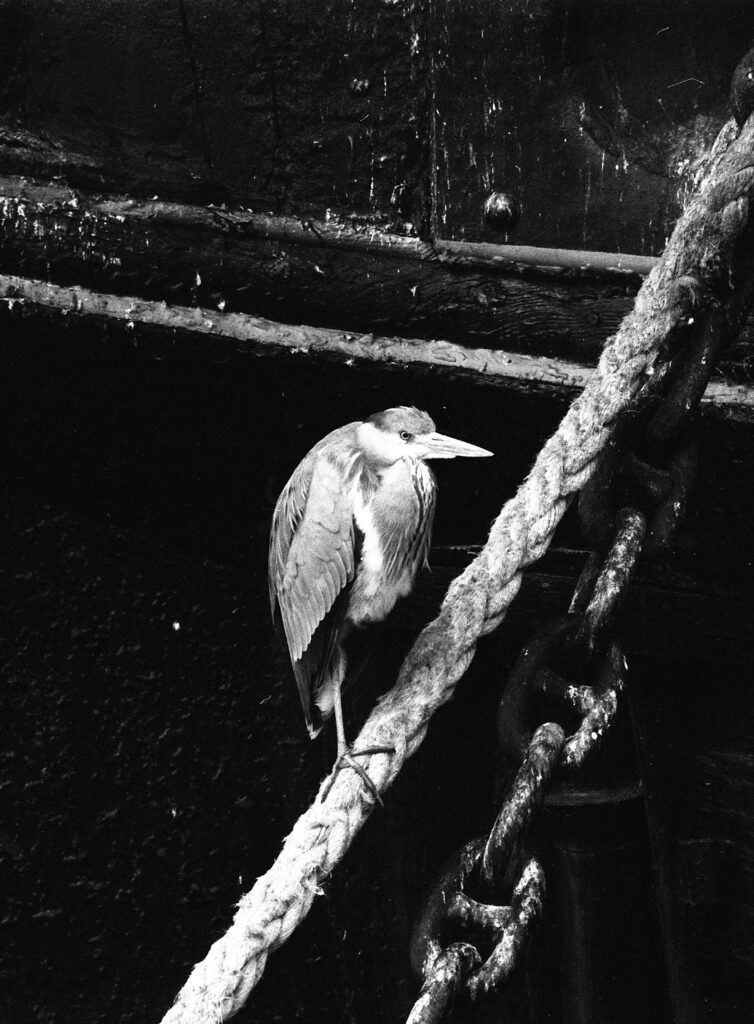




Comments
Manu on How Privacy Hysteria Killed Street-Photography
Comment posted: 14/03/2024
Olaf on How Privacy Hysteria Killed Street-Photography
Comment posted: 14/03/2024
Comment posted: 14/03/2024
Gary Smith on How Privacy Hysteria Killed Street-Photography
Comment posted: 14/03/2024
Comment posted: 14/03/2024
Agata Urbaniak on How Privacy Hysteria Killed Street-Photography
Comment posted: 14/03/2024
Julian Tanase on How Privacy Hysteria Killed Street-Photography
Comment posted: 14/03/2024
As far as I know, the general rule is that taking photographs while on public domain and shooting in public is allowed, albeit with some caveats (children, harassing, special buildings or military installations, etc). Another thing which appear to be discussed as a concern regarding privacy, is publishing of the photographs or taking illegal action based on those. And I do find these logical and hard to oppose to.
However, when I hear people being afraid that someone will take photographs of them with the intent of harming them in some way, well, I am afraid I do not get it. Really? Why would anyone would endanger him/herself, taking photographs and being seen by passers-b, and in many cases, reported to the Old Bill? There are zillions of gadgets that can do the same or better, covertly, and no one would be the wise. Again, we talk here about the "open" photographers.
If I will visit say, Paris, can I snap some of my favourites places ? Paris is full of people, especially in the summer. There is no chance in hell to photograph a historical landmark without getting some tens of faces in the shot. What do I do? Or, when I went to Disneyland in Paris, I took tens of photographs of my daughter everywhere, of course she was surrounded by kids also visiting and enjoying the place. Should parents sue me? I visited Budapest many times, but last year there were many people sunbathing on the Danube, summarily dressed obviously. I wanted to photograph the Danube, not interested in the girls bikinis or guys shorts. Of course they came to be shown in my photographs; does this make me a bad person?
Not easy to answer any of these situations, but I realize that we live in an age of stupid understanding of personal liberties and privacy. If only we would put the same energy in doing something useful for ourselves.
That is why I always say: ask before you take a photograph (if possible), be polite, be considerate, and go your way if you are denied that photograph. And always try to see what and where you're shooting, and if that snap is really that important to you.
Gus on How Privacy Hysteria Killed Street-Photography
Comment posted: 14/03/2024
I disagree with the term "privacy hysteria": the ability to capture and share (and profit from) personal information (including photos of individuals in public) has accelerated massively, and we are all struggling to understand the consequences. In a world where vending machines are using facial recognition software, people are (I think) rightfully concerned.
I agree that photographers, those carrying cameras, are unfairly or disproportionately a focus of the push-back. I think its because a camera is an identifiable symbol. People are concerned about their privacy when their photo is taken, but not when they used facial filters on tiktok, or when they start a free account for an internet service, or accept cookies on a website.
Thanks!
Cdlinz on How Privacy Hysteria Killed Street-Photography
Comment posted: 14/03/2024
Comment posted: 14/03/2024
Stewart Waller on How Privacy Hysteria Killed Street-Photography
Comment posted: 14/03/2024
The other side of this coin is that everyone is always photographing everything with their smartphones, and a real camera is no different in any meaningful way except it's more obvious.
JK Foto on How Privacy Hysteria Killed Street-Photography
Comment posted: 15/03/2024
With successful Youtubers and social media channels things have changed quite a bit. Anyway, I think that when you want to do it, you will find a way, but you will have to get over it that it feels awkward first. I live in a very restrictive country in this regard, but even here it's rather a social no-no than a legal problem to casually take photos of strangers in public.
Also I don't see that it makes a big difference if you take blurry pictures or sharp ones. People passing by don't know about your camera settings, so if they feel disturbed they still can confront you and probably still want their picture deleted.
murray leshner on How Privacy Hysteria Killed Street-Photography
Comment posted: 15/03/2024
I understand these points of view, but rarely feel drawn to street photography myself so I don't feel the outrage.
I have seen photos like the blurry example delivered to a mother-of-the-bride, tilted at an angle that cut off heads. They had to retake posed photos afterward. I was outraged by that looking at what a college student photographer produced as a wedding photographer.
I have taken blurry photos myself I won't apologize for.
I hope there are more categories of photographers than just 'Real', 'Criminal' and 'Idiotic'. That puts unnecessary stress on us. What do I want to be when (if) I grow up?
I don't do anything important with my cameras. I don't plan on it before, but sometimes someone appreciates what I did, in spite of my efforts. Or not...it's like predicting the weather.
Accidental discovery for removal of (moving) crowds of people:
I took camera photos indoors at a swimming pool once, at 'practice' for a competitive team). I had a dog in that fight (I mean a child on the swim team), and most people there knew who I was. No one bothered me.
I took pinhole photos on film with rather long exposures (I don't remember the duration). The diving board was empty, the water in the pool was still & flat, like glass, with no occupants. The only sign of occupation of the diving board was a BARELY perceptible bit of 'ghosting' (just a difference in light, not even enough to recognize a partial person) where divers paused momentarily before launching into the water.
It took me some time to think of an explanation (for myself) what I had photographed. I think the average amount of time of anything moving was a small fraction of the overall exposure, so all the people were possibly not even 'blurred out', but not even there long enough to be part of the exposure.
This seems like a fun (?) idea to someday photograph a stationary object surrounded by excessive busyness, like a statue or building. Probably difficult to do with digital...maybe stacked ND filters? But slow film and pinhole, maybe.
Comment posted: 15/03/2024
Rajat Srivastava on How Privacy Hysteria Killed Street-Photography
Comment posted: 15/03/2024
People who I have had interactions with worry about there their photographs will end up. I carry a tiny card with my name, my website and phone number. I call myself a Street photographer / Documentary photographer as that helps them understand it better. It is surprising how little people know of Street Photography as a genre. Once they see some examples they are more accepting
Another point well made in the comments earlier is that everybody carries a camera now on their phones and people don't think twice about that, but a large camera makes us stand out. I find using a rangefinder or a compact point and shoot allows the freedom required to make street photos
John Bennett on How Privacy Hysteria Killed Street-Photography
Comment posted: 15/03/2024
amigo toro on How Privacy Hysteria Killed Street-Photography
Comment posted: 15/03/2024
It's very surprising that people who have just taken several selfies a few minutes ago to post on social media get upset if their profile or back is seen in photo of public event!
Comment posted: 15/03/2024
Comment posted: 15/03/2024
Comment posted: 15/03/2024
Comment posted: 15/03/2024
Comment posted: 15/03/2024
Comment posted: 15/03/2024
Khürt Williams on How Privacy Hysteria Killed Street-Photography
Comment posted: 18/03/2024
Alan on How Privacy Hysteria Killed Street-Photography
Comment posted: 18/03/2024
I'm not sure who these people the writer refers to "who abuse fundamental rights by taking illegal pictures or re-using them illegally". Perhaps I've been living in a hole, but I've certainly never met one of these people. This isn't what street photographers do.
Daniel Castelli on How Privacy Hysteria Killed Street-Photography
Comment posted: 18/03/2024
Henri Carier-Bresson or Bruce Gilden?
I’ve changed my approach and equipment to reflect the reality of people being more unpredictable these days. There are the changes:
1. Using a 50mm or 75mm lens rather than the 35mm lens to give more space between my subject and myself.
2. Engage whenever possible. “Yeah, it’s a film camera…”
3. Recognizing that I no longer can outrun an irate subject due to an age-related disability (I now carry a cane).
I’m been influenced by the humanistic style of photography and I really like people so I don’t act aggressive. I’m also in my early 70’s. As many of us have found out, we are ‘invisible’ to many people. I use that to my advantage.
I know my rights as a person taking photos in public here in the US. But I don’t look for situations that may escalate.
Alexander Seidler on How Privacy Hysteria Killed Street-Photography
Comment posted: 18/03/2024
What comes to my mind is that people want to protect their privacy so much, because they share so much of their lives on social media on the other hand. The demand of being public is met.
As andrea, i also feel a kind of privacy hysteria - even though i am to shy for being a street photographer.
Roger on How Privacy Hysteria Killed Street-Photography
Comment posted: 18/03/2024
For what it's worth my biggest observation on the changes to street photography have more to do with the ever increasing homeless / mentally ill / self medicating population in the city centres all over the western world. Since one bad encounter in 2018 I stopped using any gear that I can't simply hand over without arguement. I read all kinds of stuff like 'tape up your leica to deter theft' but honestly no desperate person cares what brand camera you have, they just want their 10 bucks, anything with a lens attached will do. They're no gonna hand it back to you with a look of pity on their face because it's a canadian M4 guys, trust me